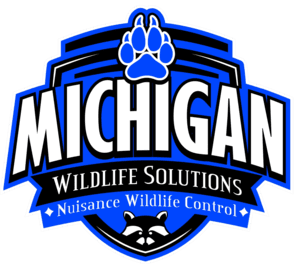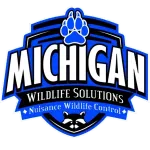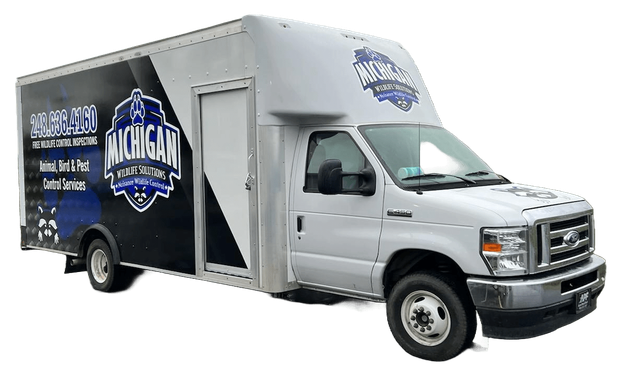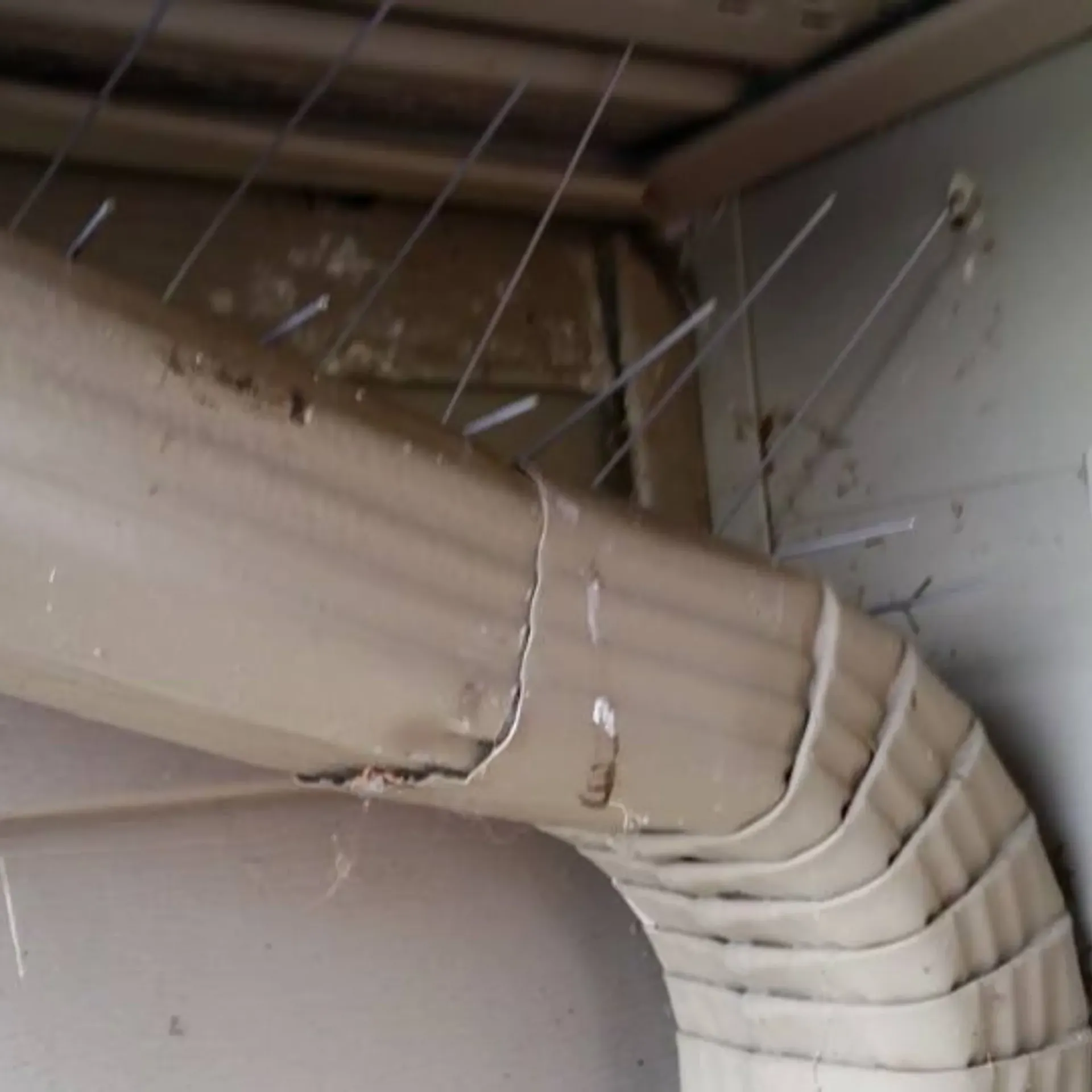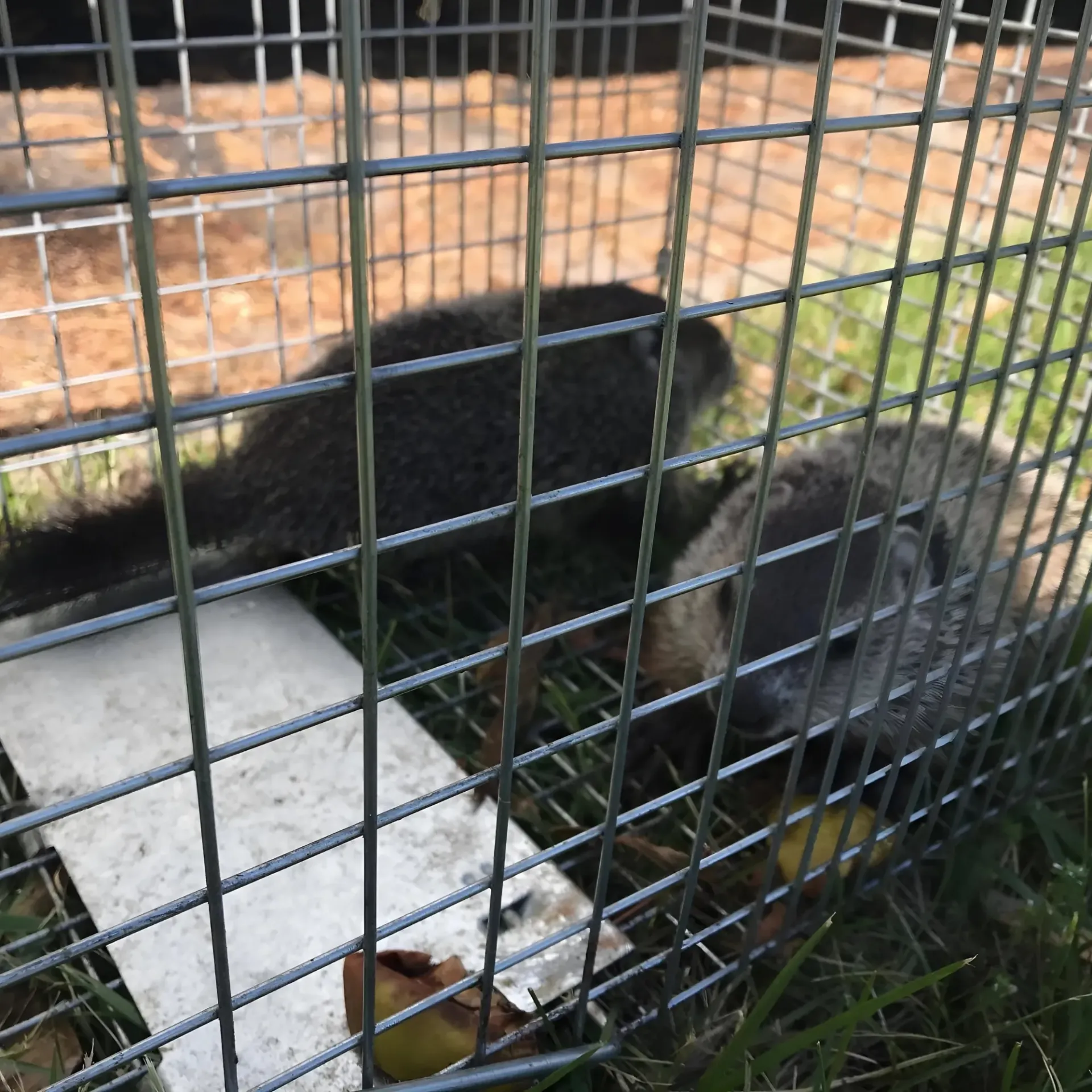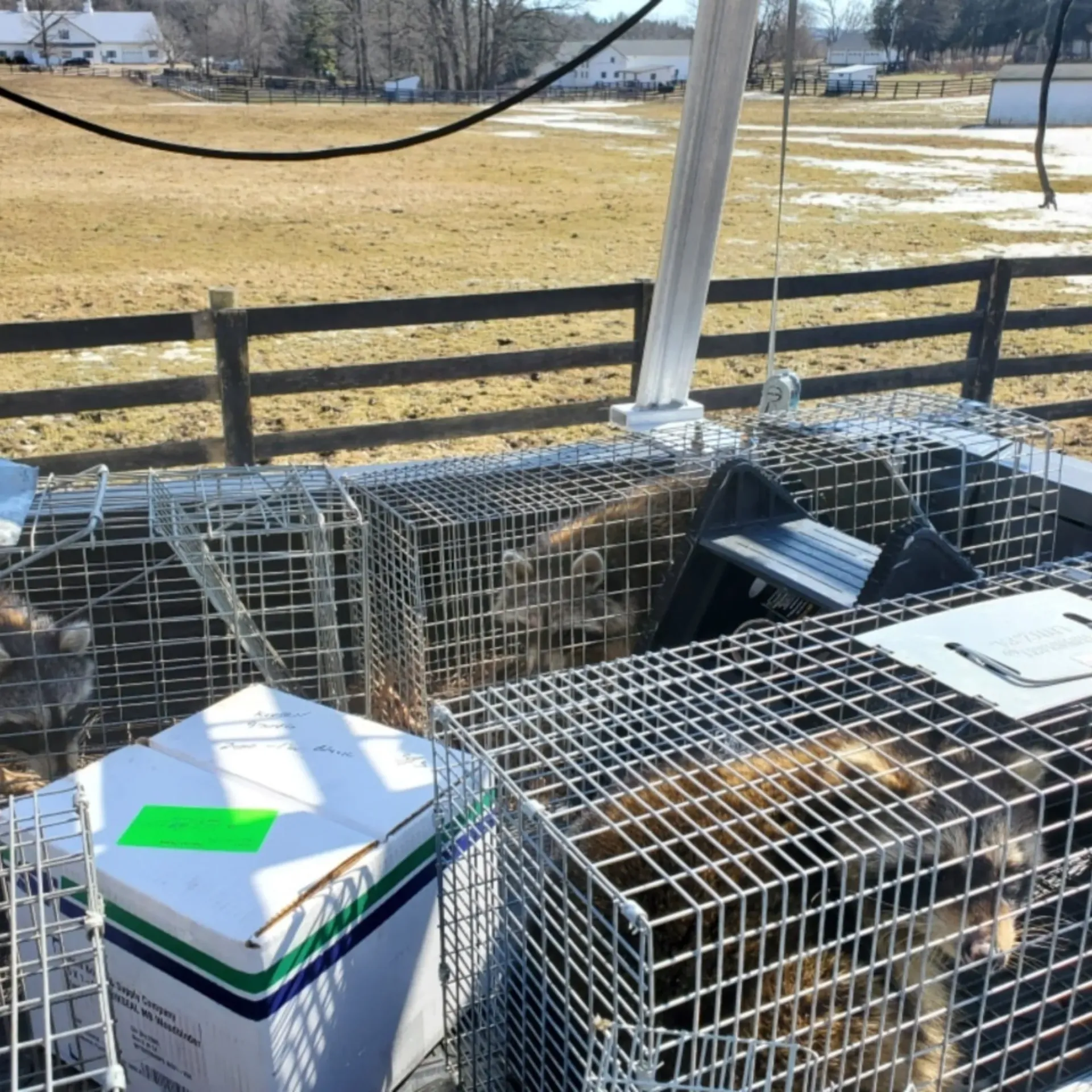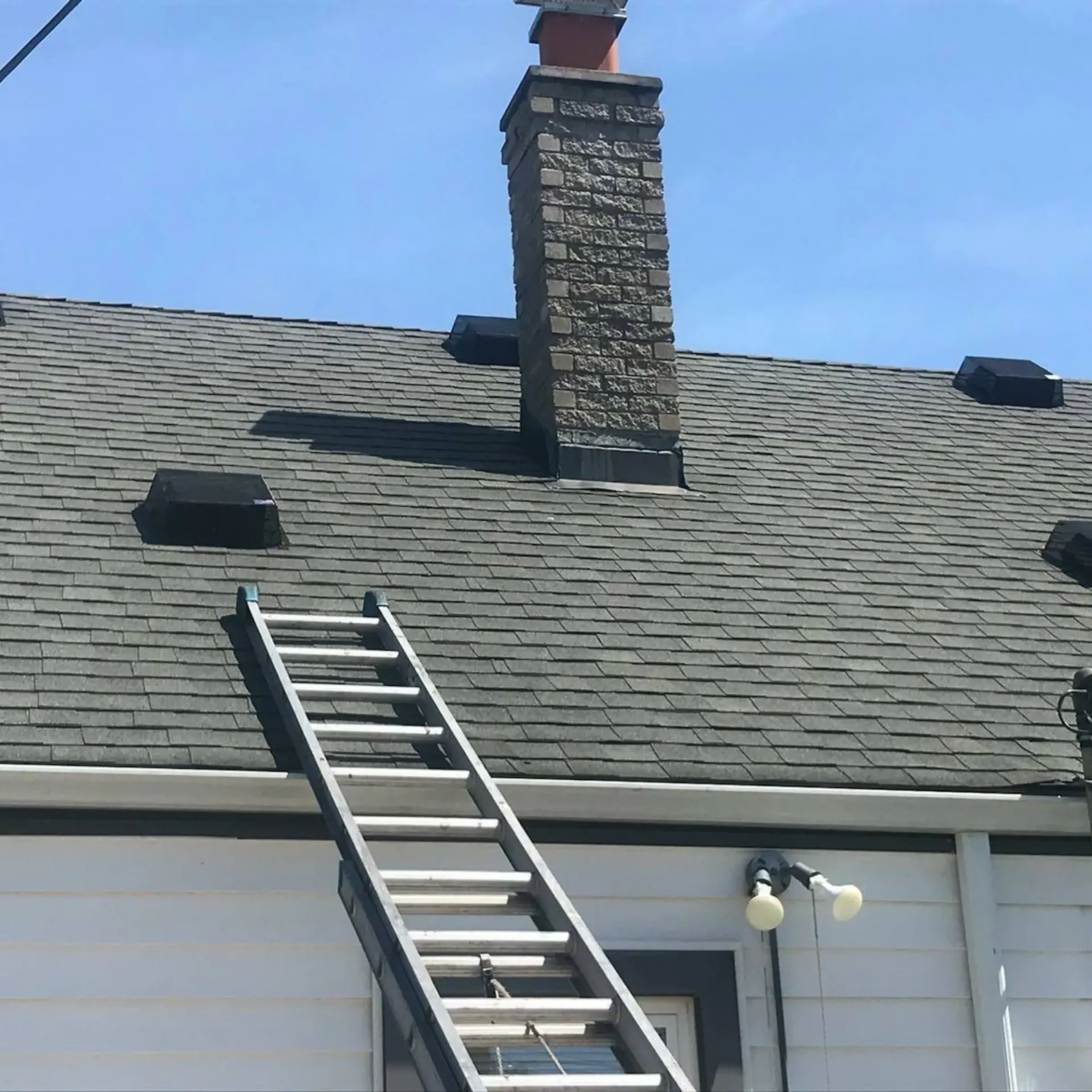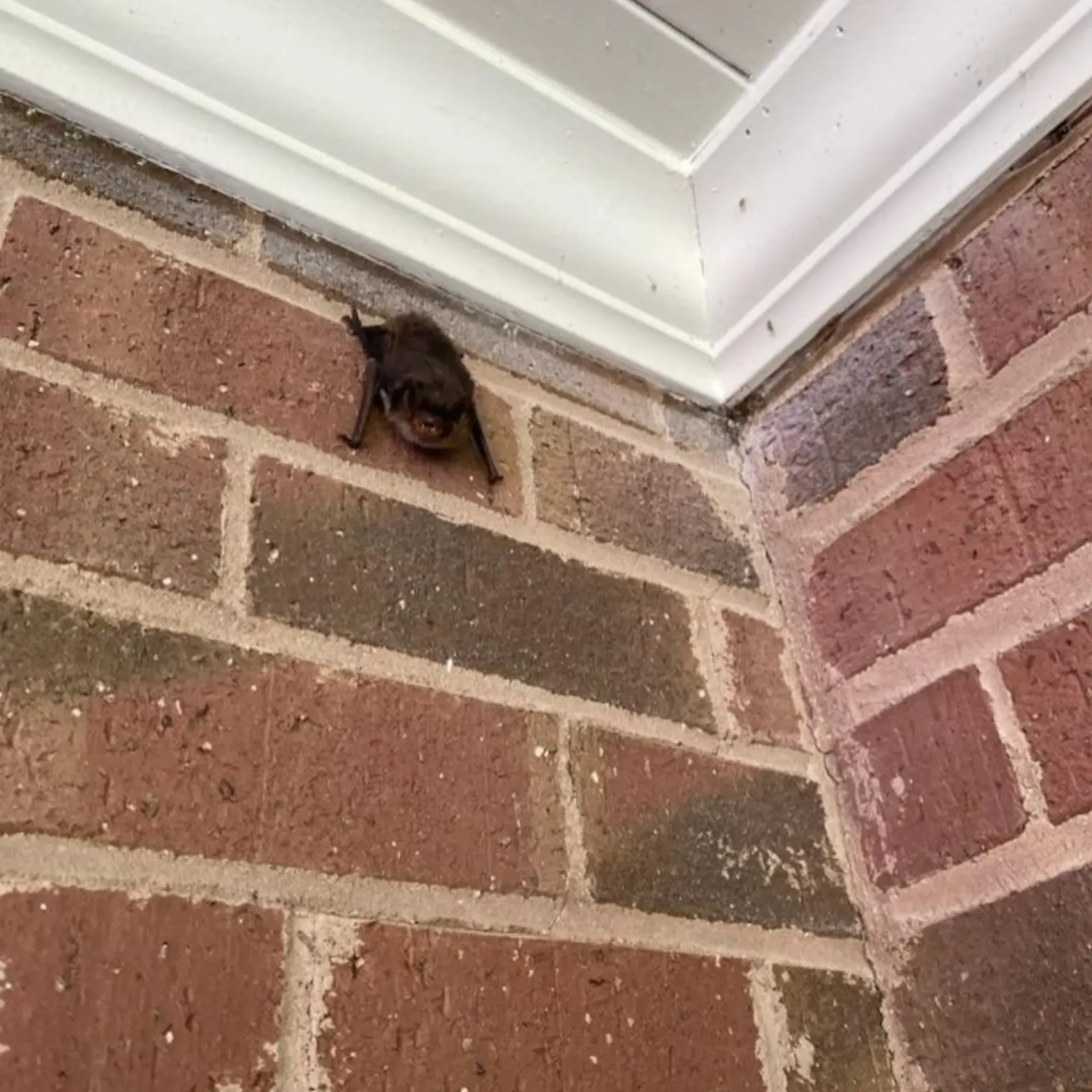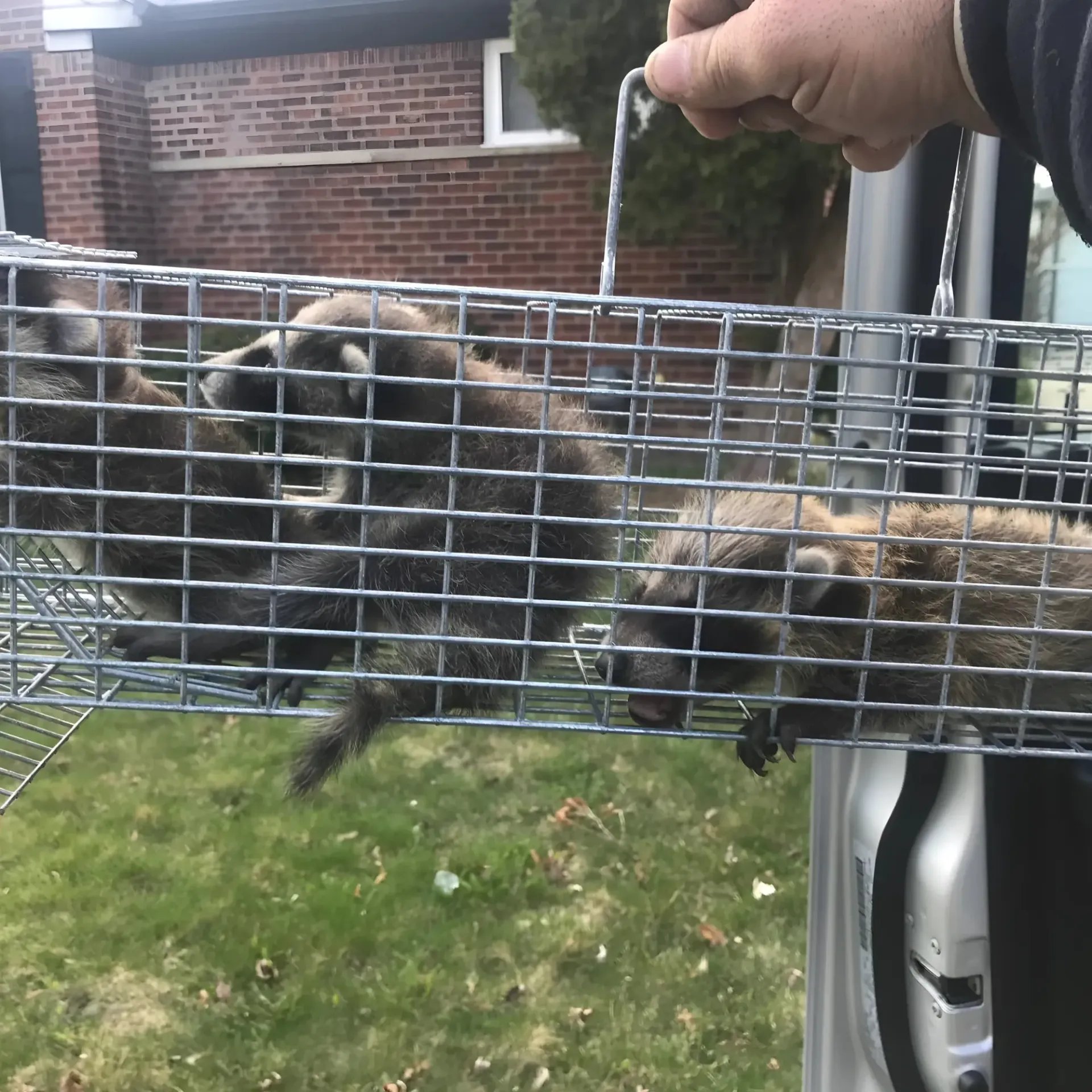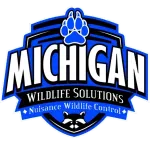Where Humane Practices Meet Effective Solutions
Safe, humane, and effective wildlife removal services across Michigan. We specialize in animal removal services, including raccoon removal, possum removal, and pest removal services. Contact Michigan Wildlife Solutions today for fast, reliable, and emergency wildlife removal!
★★★★★
We called to get help with a possible critter digging under our garage. Tim showed up the next day and provided an estimate, which we confirmed. And then soon after he returned to set our trap. Very professional and courteous. Answered all our questions. Highly recommend.
- Kristin R
Michigan Wildlife Solutions- Expert Wildlife Removal & Pest Control Services
Our Services
Expert Wildlife Control Services in Michigan
At Michigan Wildlife Solutions, we provide safe and humane wildlife pest control services to protect your home or business. Our professional team specializes in animal removal services and pest removal services, ensuring effective solutions for nuisance wildlife. Trust us for reliable, ethical, and efficient wildlife control across Michigan. Contact us today for expert assistance!
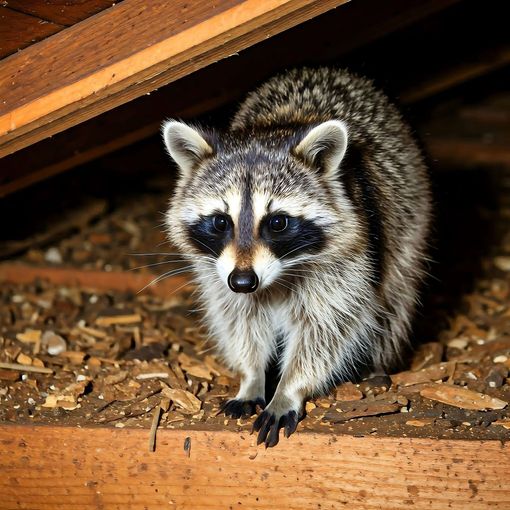
Wildlife Damage Control
Michigan Wildlife Solutions provides humane, poison-free animal control for raccoons, bats, skunks, and more, ensuring ethical removal and preserving wildlife.
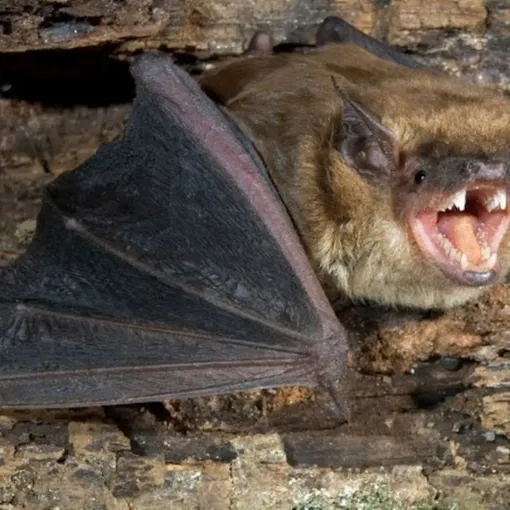
Animal Control Services
Michigan Wildlife Solutions provides humane, poison-free animal control for raccoons, bats, skunks, and more, ensuring ethical removal and preserving wildlife.
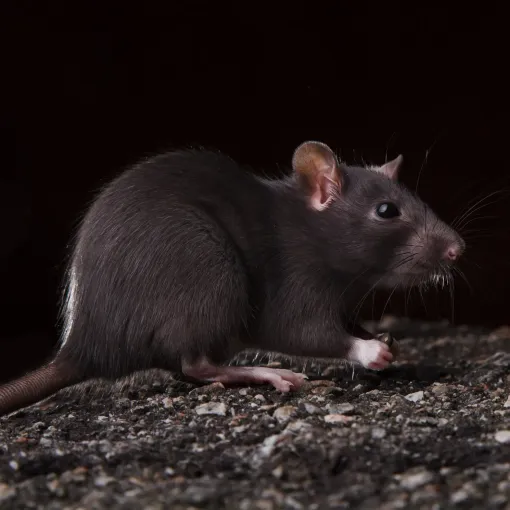
Pest Control Services
We provide poison-free pest control for rodents, beavers, squirrels, and more, using humane methods to ensure safe removal and prevent re-entry.
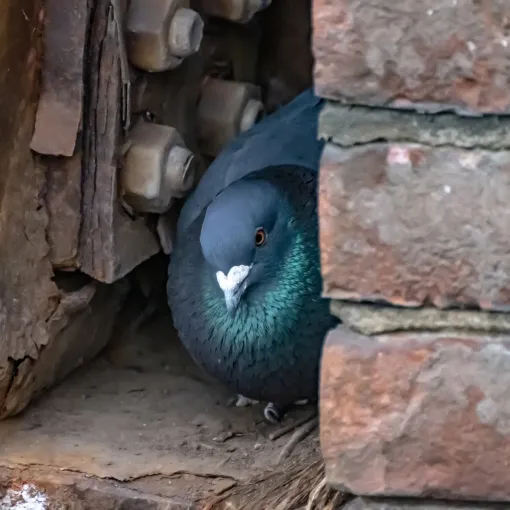
Bird Control Services
Our Bird Control Services use harm-free solutions like netting and visual deterrents to keep your property clean and bird-free while protecting the ecosystem.
A Fresh New Approach to the Wildlife Control Industry
Explore our Michigan Wildlife Solutions video library to see our team in action! From successful animal removal services to satisfied customer critter control reviews, our videos showcase the quality and care we bring to every job.
Dealing with unwelcome guests like bats, mice, birds, or squirrels in your attic? Raccoons in your fireplace? We specialize in safely handling all your wildlife concerns.
Michigan Wildlife Solutions specializes in live bat removal, bird control, and wildlife prevention for homes and businesses. We’ll restore your space from bat, raccoon, or bird damage.
As NWCOA members, we offer comprehensive wildlife removal and damage control across Michigan, including bat-proofing and bird and mouse control.
We offer humane nuisance animal control, including pest control, eviction, exclusion, wildlife prevention, damage repair, and attic restoration, always treating animals with care and respect.
We are a private nuisance wildlife control firm, not county animal control. We handle pests in homes but do not manage domestic animals or rehabilitate injured wildlife. For those issues, please contact your county animal control or a local rehabilitator from the DNR website.
Michigan Wildlife Solutions specializes in resolving nuisance wildlife issues in all property types. From squirrels to raccoons, we handle unwanted critters efficiently.
Find Out What Set Us Apart
Experienced Wildlife Control Operators
Backed With Industry Leading Guarantee
Easy Financing Up to 60 Months
Upfront Pricing to Fit Your Budget. Free Inspections
Nuisance Wildlife Encounters in Michigan- Our Wildlife Removal Services
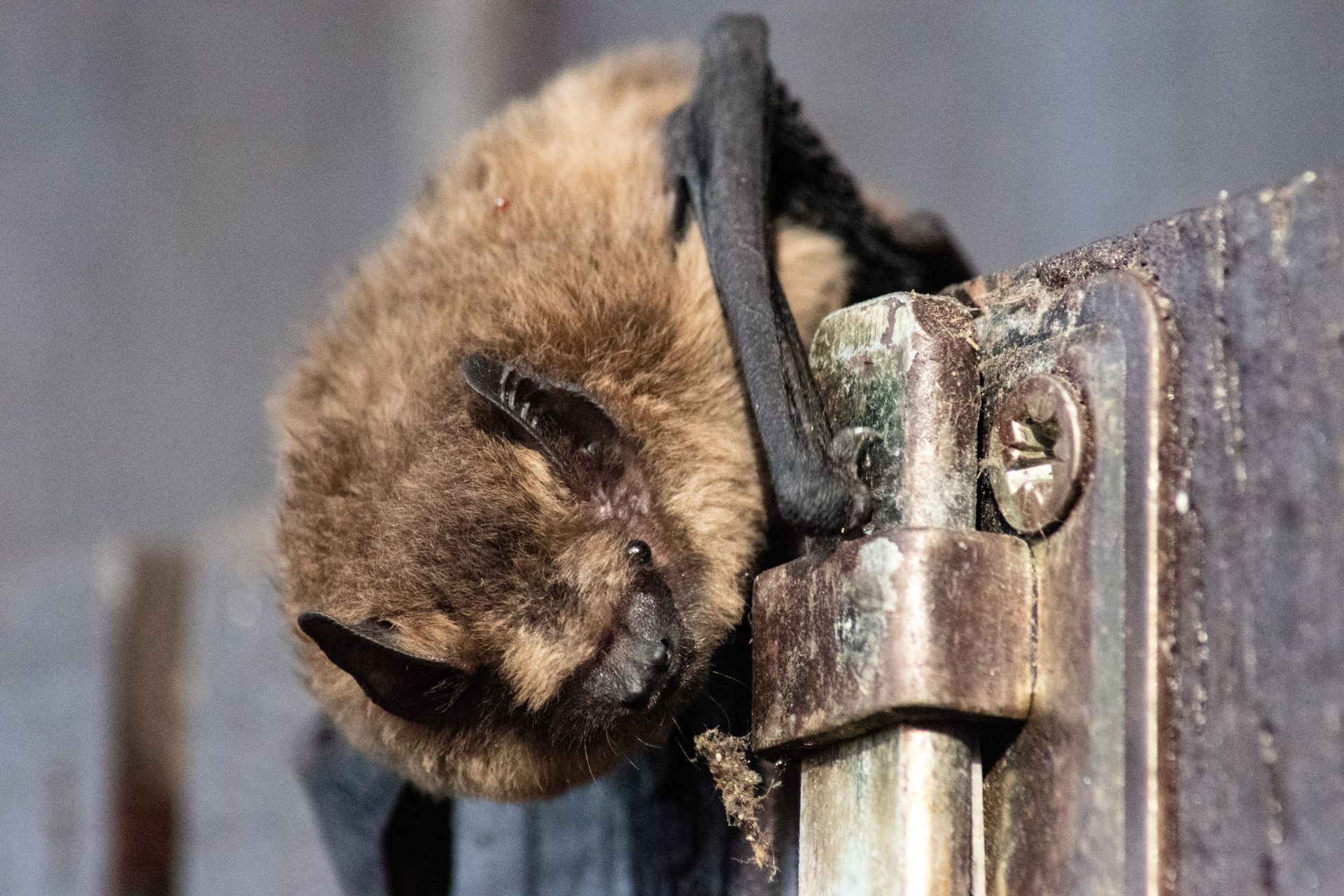
Bat Removal Service
Humane Bat Removal
Bats are mammals in the order Chiroptera, uniquely adapted for true flight with their winged forelimbs. They host more viruses than rodents, posing a risk of disease transmission due to their ability to fly and their migration patterns. Bat-borne viruses can spread through bites, saliva, and aerosolized feces or urine. When entering human spaces, bats may bite and urinate to mark their location.
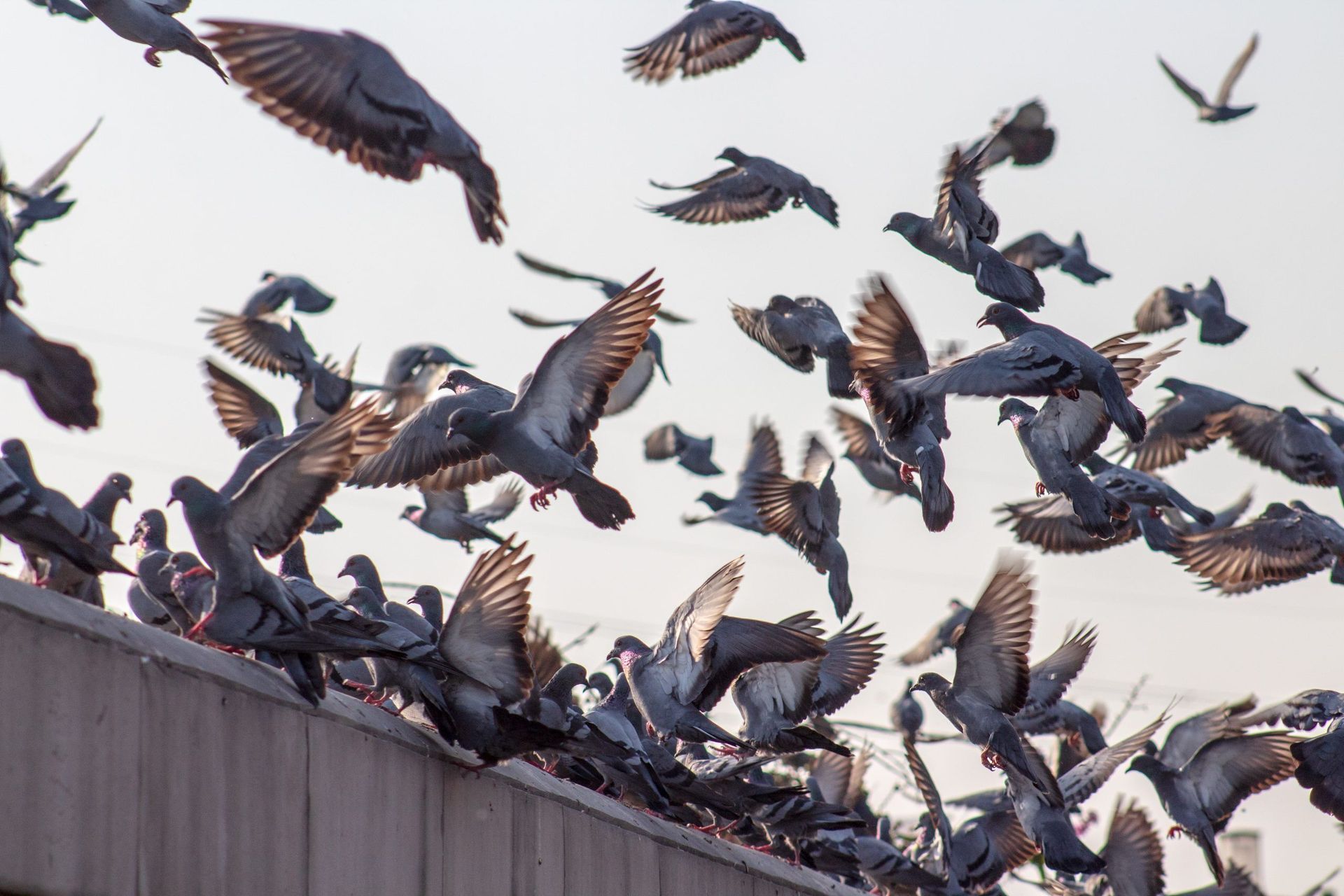
Bird Control Service
Humane Bird Removal
In Michigan, birds can pose significant health risks, as their nests harbor bacteria and fungi. They are associated with over 60 diseases, including Histoplasmosis, Candidiasis, and Salmonellosis. The risk is particularly high in residential areas, where airborne pathogens can be transmitted through droppings. Common problem birds include pigeons, chimney swifts, starlings, sparrows, swallows, and woodpeckers.
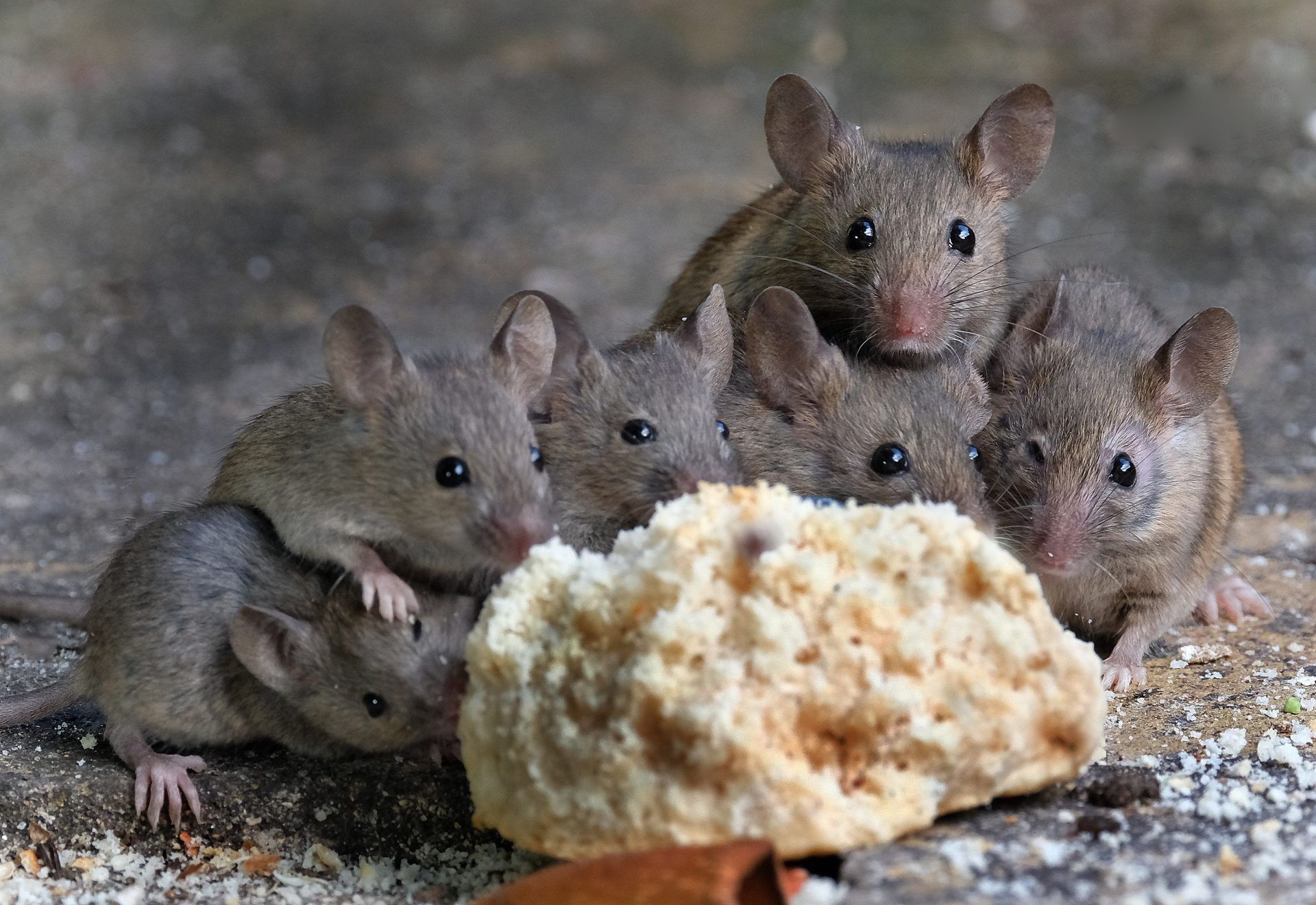
Mice Control Service
Poison Free Mice Removal
Mice are small rodents with pointed snouts, rounded ears, and scaly tails, known for their rapid reproduction, with a female capable of having 5 to 10 litters of 3–14 young per year. The common house mouse is the most recognized species. They often invade homes for warmth and nesting, leading to discomfort and potential health risks. Mice can carry diseases such as Leptospirosis, Hantavirus, Salmonella, and Plague, which can spread to humans.
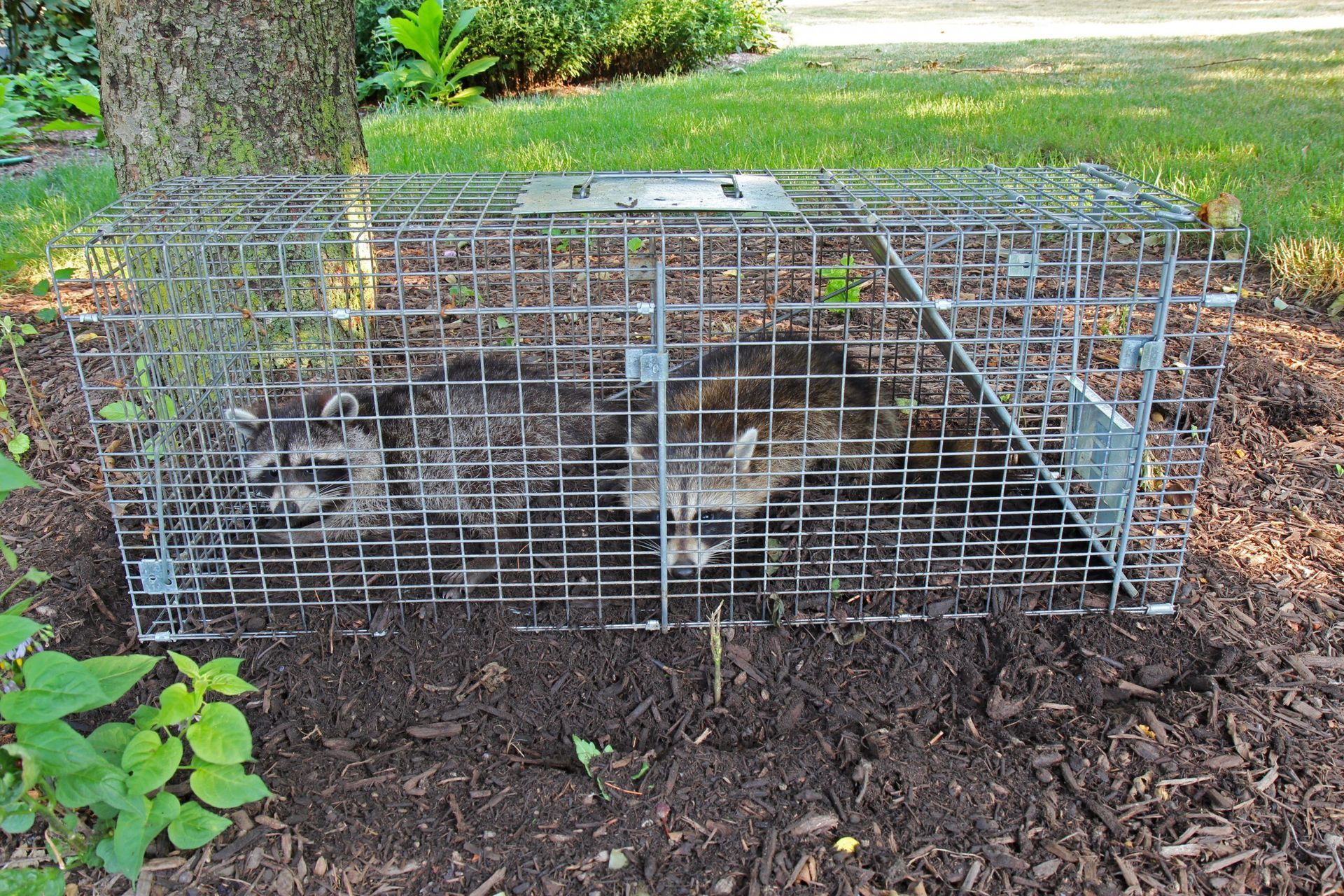
Raccoon Removal Service
Humane Raccoon Trapping
Raccoons are medium-sized mammals native to North America and the largest members of the procyonid family, weighing 11 to 57 pounds and measuring 16 to 28 inches long. Common in Michigan, they are skilled climbers that often scavenge in dumpsters and garages at night. Raccoons seek out attics and chimneys for nesting, where they can cause damage by destroying insulation and creating noise. They carry diseases such as rabies and distemper, and their feces can harbor roundworm eggs harmful to humans.
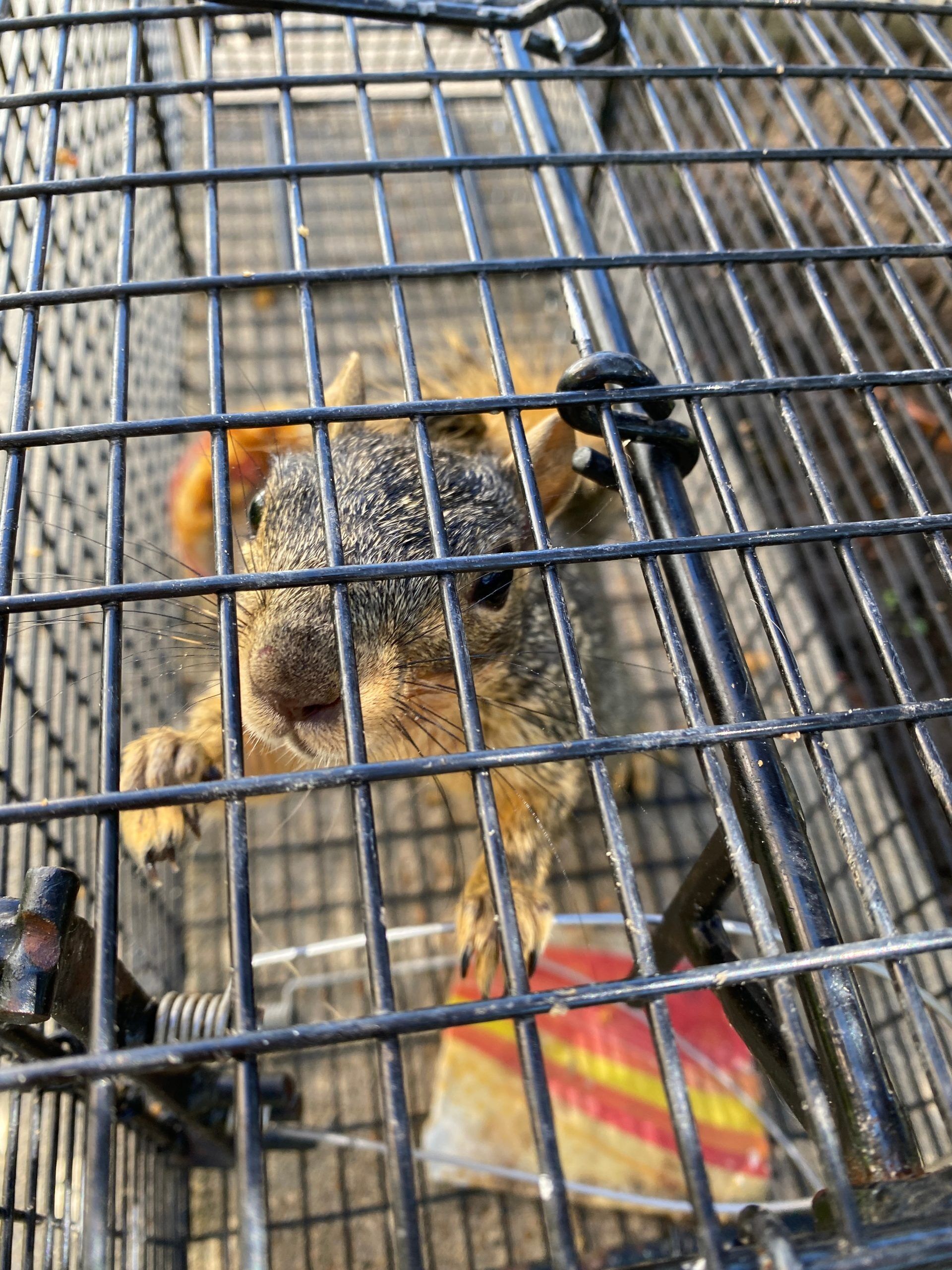
Squirrel Control Service
Humane Squirrel Removal
Squirrels, members of the Sciuridae family, include various species in Michigan, such as red, fox, gray, and flying squirrels. They eat seeds, nuts, and sometimes pumpkins, often nesting in attics or soffits, which can damage insulation and pose fire risks by chewing wires. Squirrels can also carry diseases like plague and tularemia, communicable to humans.
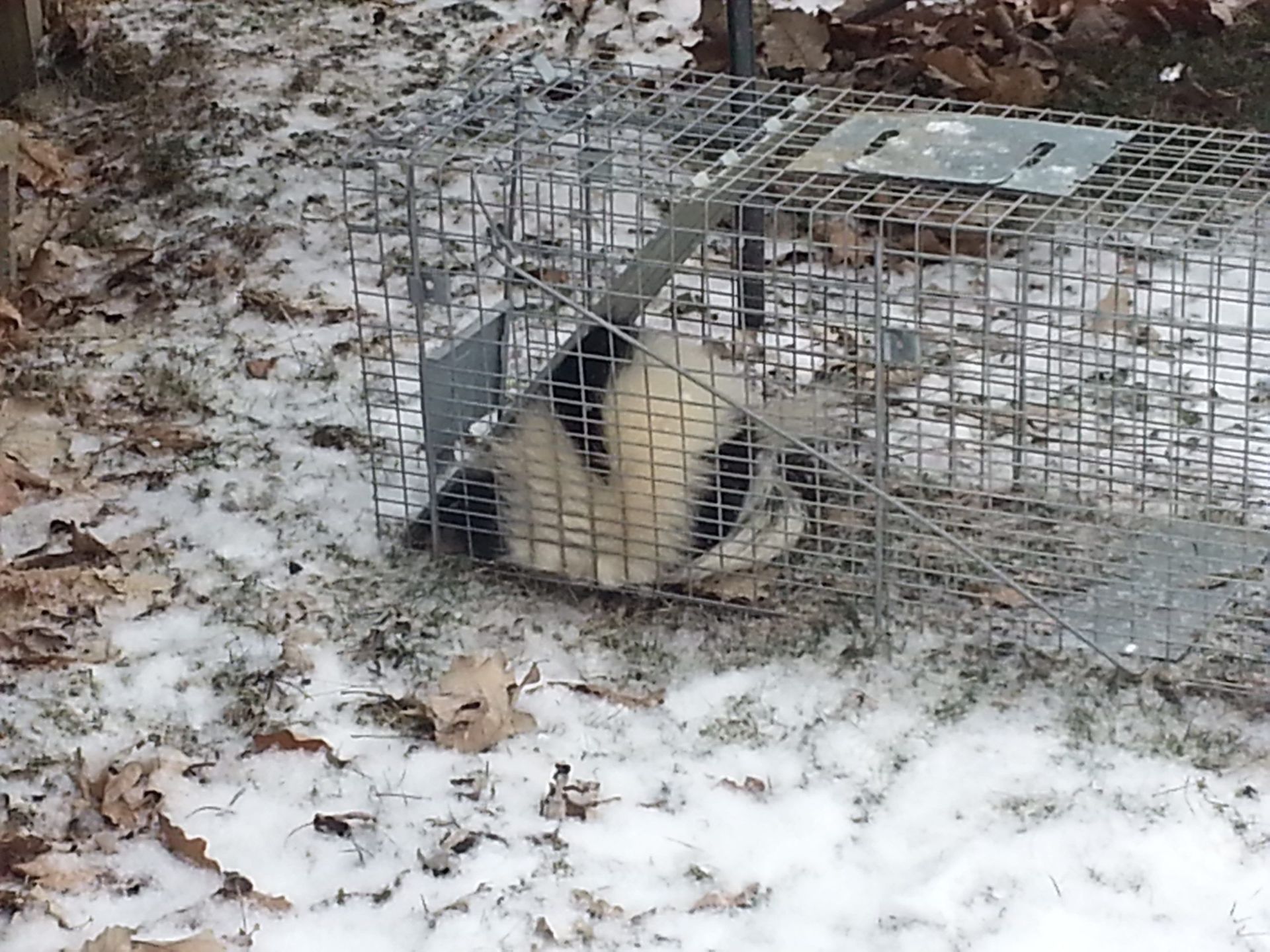
Skunk Removal Service
Humane Skunk Trapping
Skunks are black-and-white mammals from the Mephitidae family, found in the Americas. They often live under decks, digging dens to eat grubs and insects, and rummage through garbage. Near-sighted, they rely on smell and can spray a foul odor up to 10 feet when threatened. They signal danger by stomping and raising their tails. Skunks can transmit rabies to humans and pets.
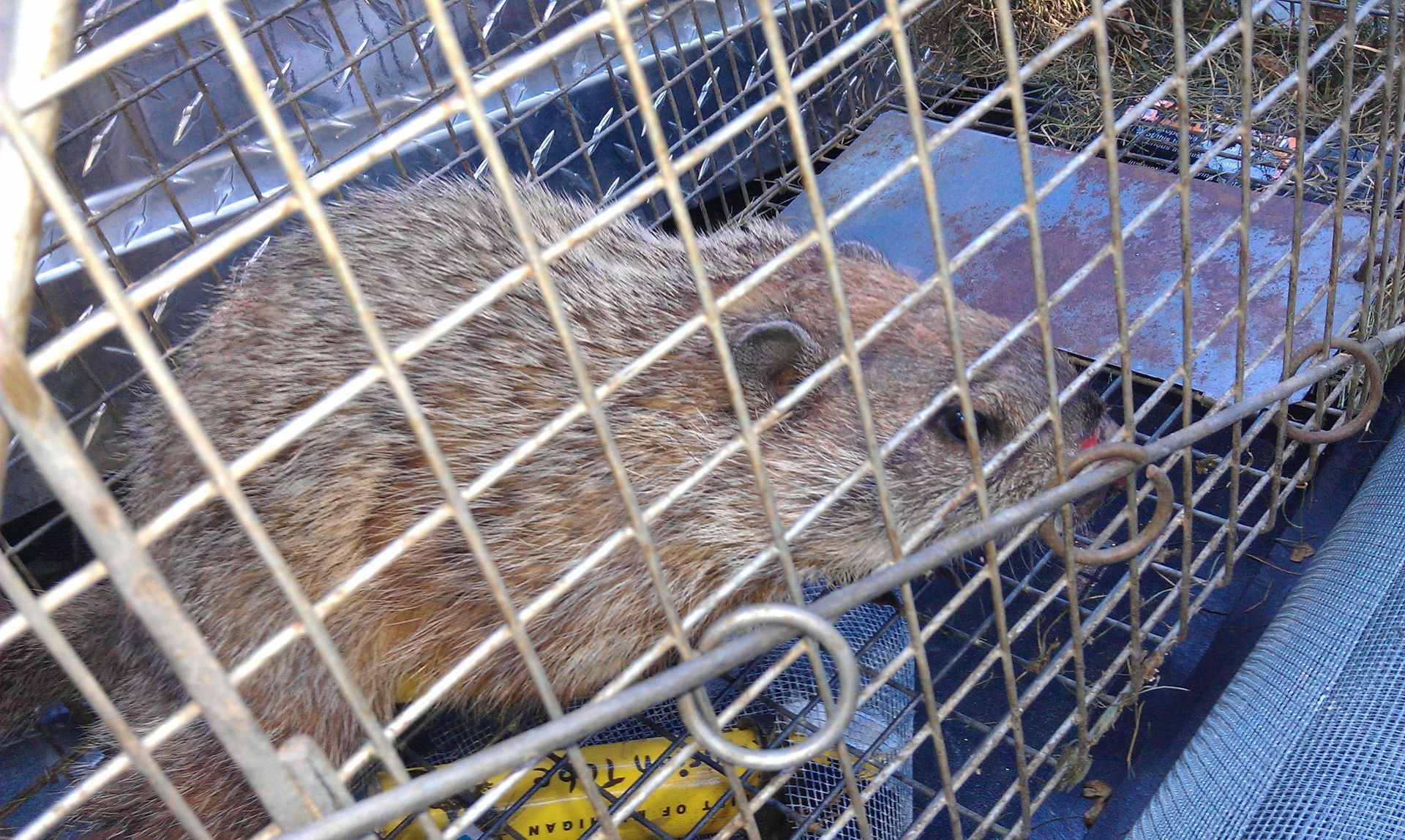
Groundhog Removal Service
Humane Groundhog Trapping
The groundhog, or woodchuck (Marmota monax), is a rodent in the Sciuridae family. They inhabit open plains and dig burrows under decks, rock walls, and hills. As vegetarians, they feed on plants, grass, and flowers. Their digging can destabilize sidewalks and structures. Groundhogs often disturb pets and can carry ticks that spread Lyme disease to humans.
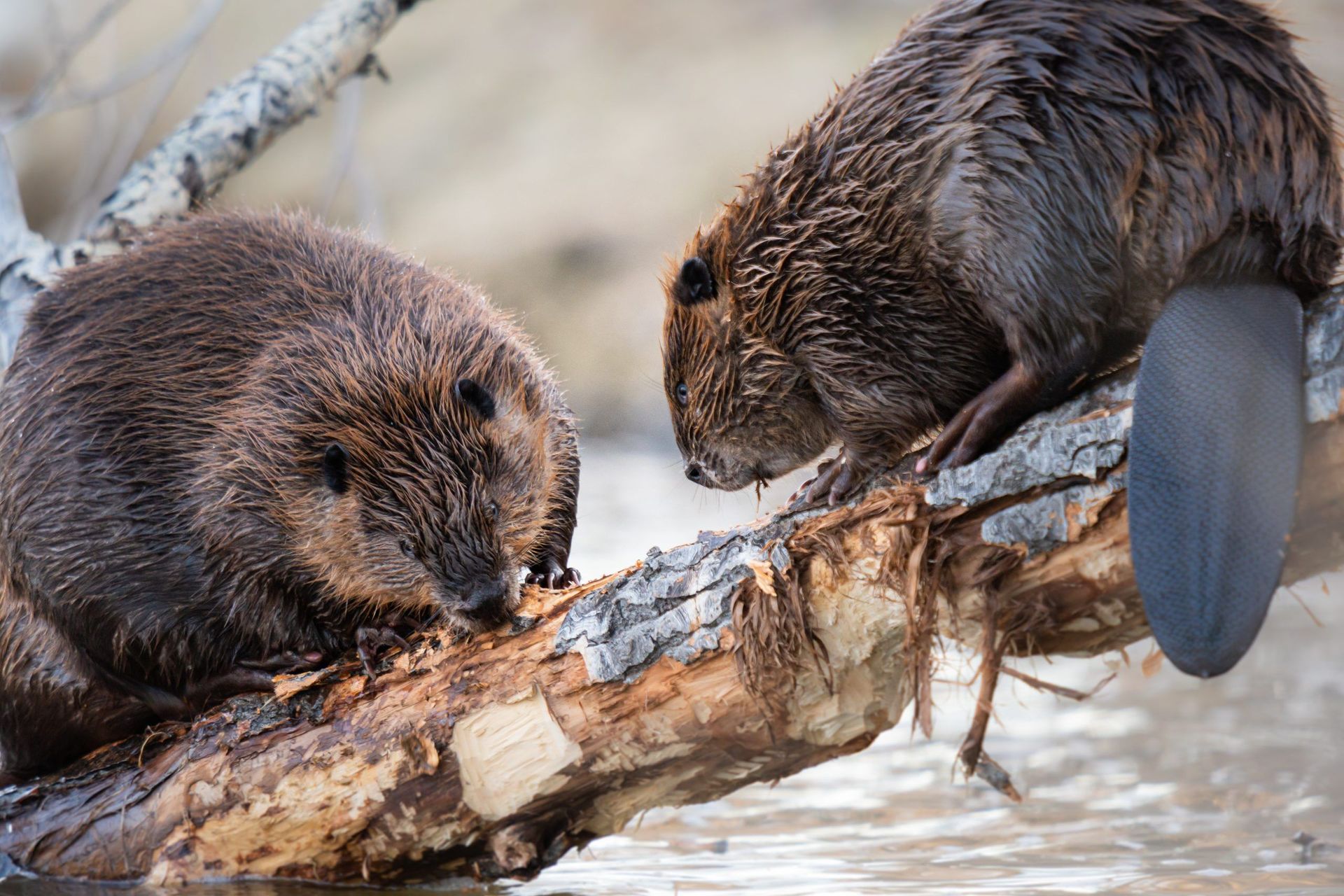
Beaver Removal Service
Humane Beaver Trapping
The beaver (genus Castor) is a large, nocturnal, semiaquatic rodent and the second-largest rodent in the world. Beavers maintain territories for feeding and nesting but can be major nuisances, particularly around crops and homes. They chew down trees and build dams, which can cause significant flooding in yards and basements, leading to extensive damage.
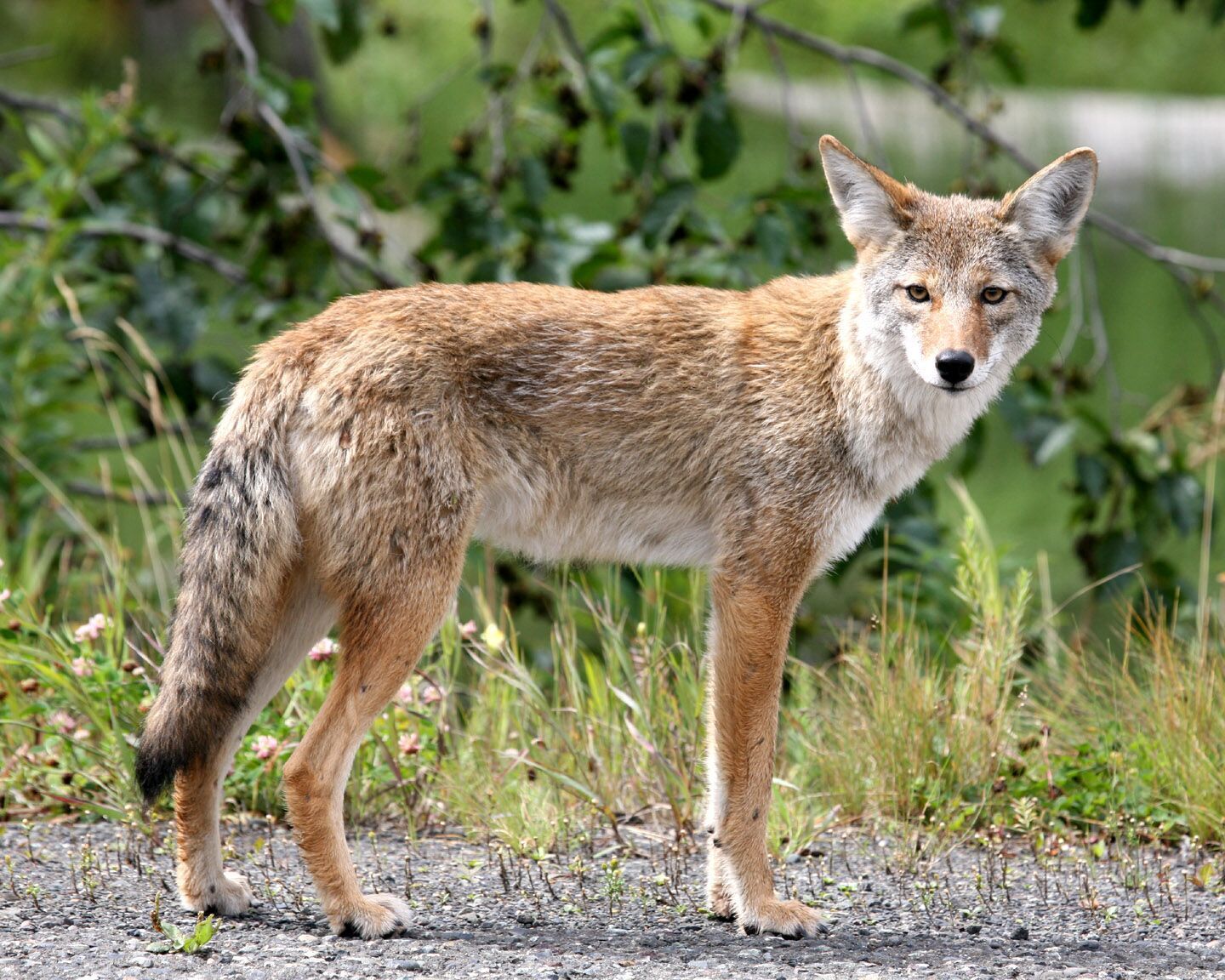
Coyote Removal Service
Humane Coyote Trapping
The coyote (Canis latrans) is a North American canine smaller than the gray wolf. Carnivorous by nature, they hunt rabbits, squirrels, and other small animals. Coyotes carry numerous diseases and parasites, including rabies and canine distemper. While they typically inhabit woods, in Michigan, they are increasingly found in urban areas, where they may prey on pets like dogs and cats.
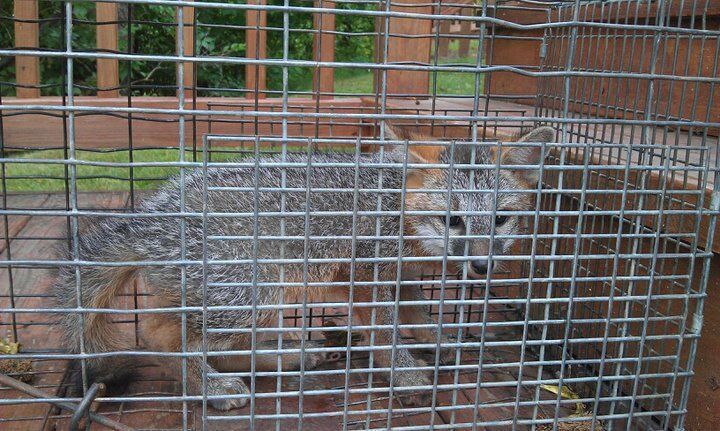
Fox Removal Service
Humane Beaver Trapping
The beaver (genus Castor) is a large, nocturnal, semiaquatic rodent and the second-largest rodent in the world. They maintain territories for feeding and nesting but can become nuisances by chewing down trees and building dams. These dams can cause flooding in yards and basements, leading to significant property damage.
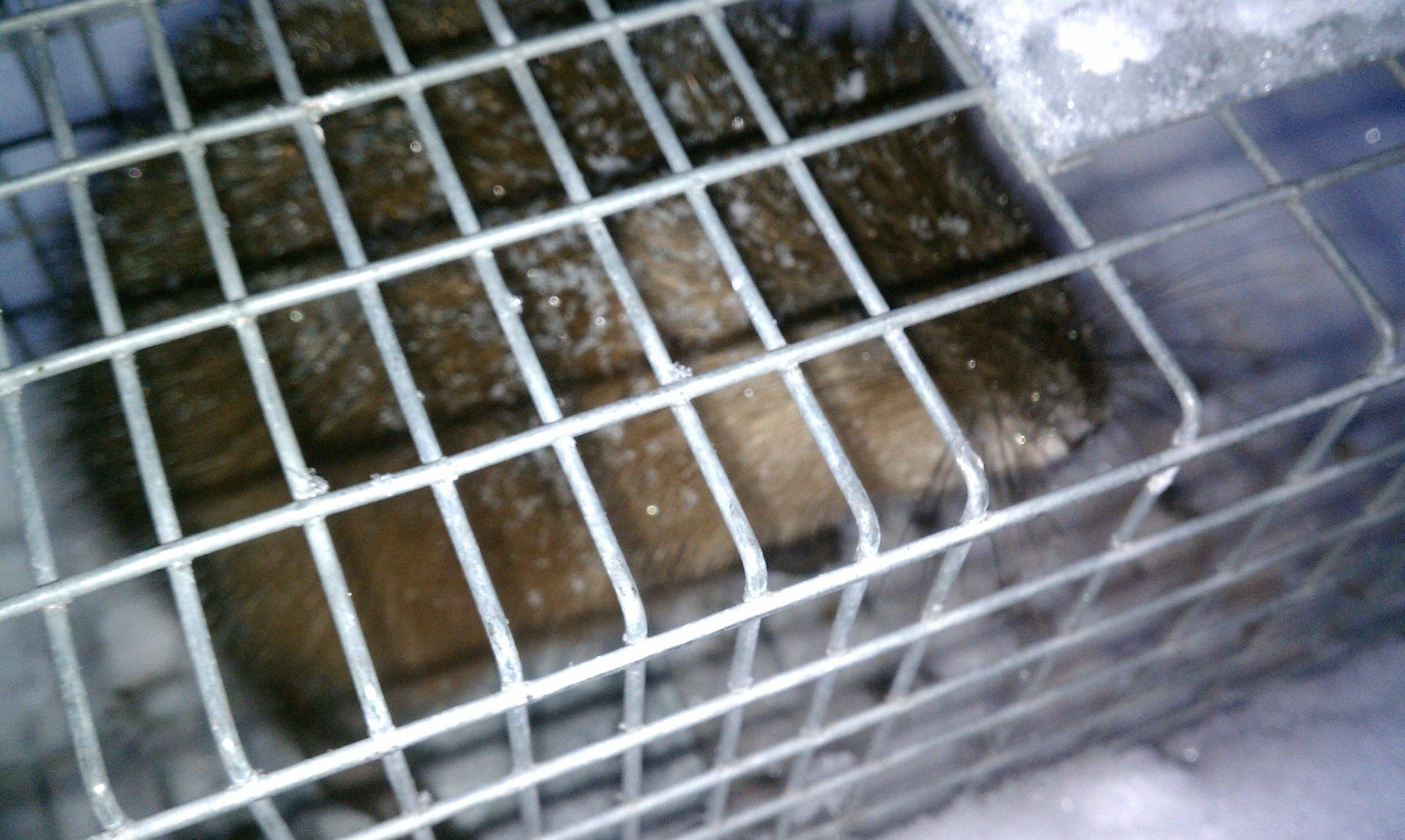
Muskrat Removal Service
Humane Muskrat Trapping
The muskrat (Ondatra zibethicus) is a medium-sized, semiaquatic rodent native to North America, growing up to two feet long. In Michigan, they inhabit rivers, streams, and ponds, primarily eating vegetation but occasionally small fish and frogs. Muskrats burrow into pond banks, causing erosion and damaging vegetation, and can be problematic in koi ponds by eating fish and harming pumps and heaters. They are also carriers of diseases like Tularemia, leptospirosis, and ringworm.
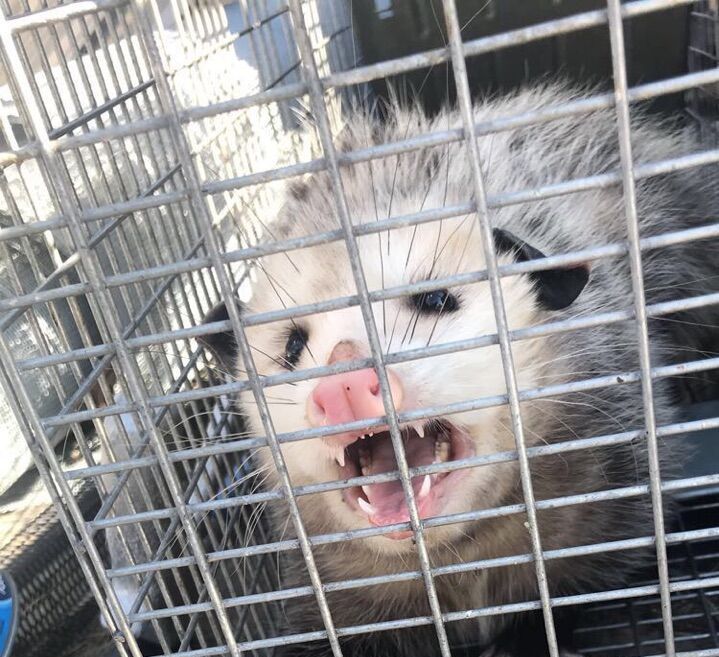
Description Title
Humane Opossum Trapping
The opossum is a marsupial native to the Americas and is the only one found in Michigan. Typically solitary and nomadic, they have prehensile tails and carry their young in pouches. Opossums often nest under decks or in sheds and can emit a strong odor, especially if they die in areas like garages. They may also invade dog food and irritate pets. Opossums can carry diseases such as tuberculosis, tularemia, and Chagas disease, and are hosts for fleas in urban areas.
Common Nuisance Wildlife Entry Points

Gable vents provide ventilation and should be screened with galvanized hardware cloth to prevent animals and birds from nesting. Interior screens are often ineffective. Common intruders include bats, birds, and squirrels.

If you have mice or squirrels in your garage, they may be chewing through the rubber weather strip. Solutions include reinforcing the bottom of doors with Xcluder fabric and adding door jam wrap to keep them out.
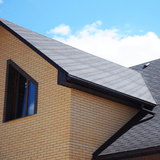
Unfinished siding and short corner posts can allow mice, bats, and squirrels to enter homes. New products like Critter-Guard can be installed to seal these gaps, while simple caulking may also help keep nuisance wildlife out.
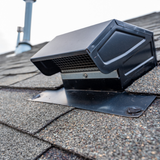
Cages over attic and canned vents prevent squirrels, raccoons, and birds from entering your attic. While screens block entry, they don’t stop nesting under vents. Raccoons may tear off vent tops, but installing cages made of galvanized metal or stainless steel keeps wildlife out effectively.
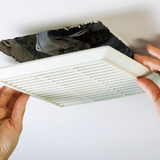
Bathroom vents prevent birds from nesting in the flex pipe, which can block exhaust systems. Clean out any debris from the pipe, often requiring attic access. Reattach the cleaned pipe afterward. Avoid using hardware cloth instead of a vent cap, as it may clog.
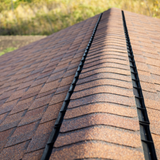
Ridge vent if the vent is improperly screened or has gaps. Animals like birds and bats may exploit these openings to nest inside. If the vent cover is damaged or missing, it provides easy access for small animals seeking shelter.
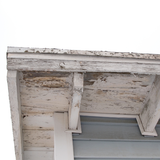
Eave area where squirrels, birds, and bats can enter homes through eave gaps where roof lines meet. Squirrels chew in, bats slide through, and birds may nest, blocking ventilation and causing bacteria. Repairs can be done with flashing or hardware cloth.
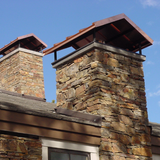
Chimney caps block raccoons, birds, and bats from entering fireplaces. For bats, install 1/2" hardware cloth under the cap; use 1/4" for natural gas fireplaces. There are various caps available to fit different flue sizes.
See what our customers are saying about Michigan Wildlife Solutions.
Hear from real customers who trust Michigan Wildlife Solutions for their wildlife control needs. Our clients share their experiences with our fast, professional, and ethical wildlife pest control services.
2416 Grange Hall Rd., Fenton, MI 48430, US
Areas We Serve
- Bay County
- Clinton County
- Eaton County
- Genesee County
- Ingham County
- Jackson County
- Lapeer County
- Livingston County
- Macomb County
- Oakland County
- Saginaw County
- Shiawassee County
- Washtenaw County
- Wayne County
Providing trusted wildlife control across Michigan.
We proudly offer wildlife control across Michigan, including Bay County, Clinton County, Eaton County, and more. Check out our service area videos to see how we help communities stay wildlife-free.
See Our Wildlife Pest Control Services in Action
Explore Our Work
Our wildlife removal experts have successfully handled countless animal removal services across Michigan. From humane pest removal services to professional wildlife control, we ensure homes and businesses stay safe from unwanted critters. Browse our gallery to see why we’re a trusted wildlife control company—and contact us today for expert service!
